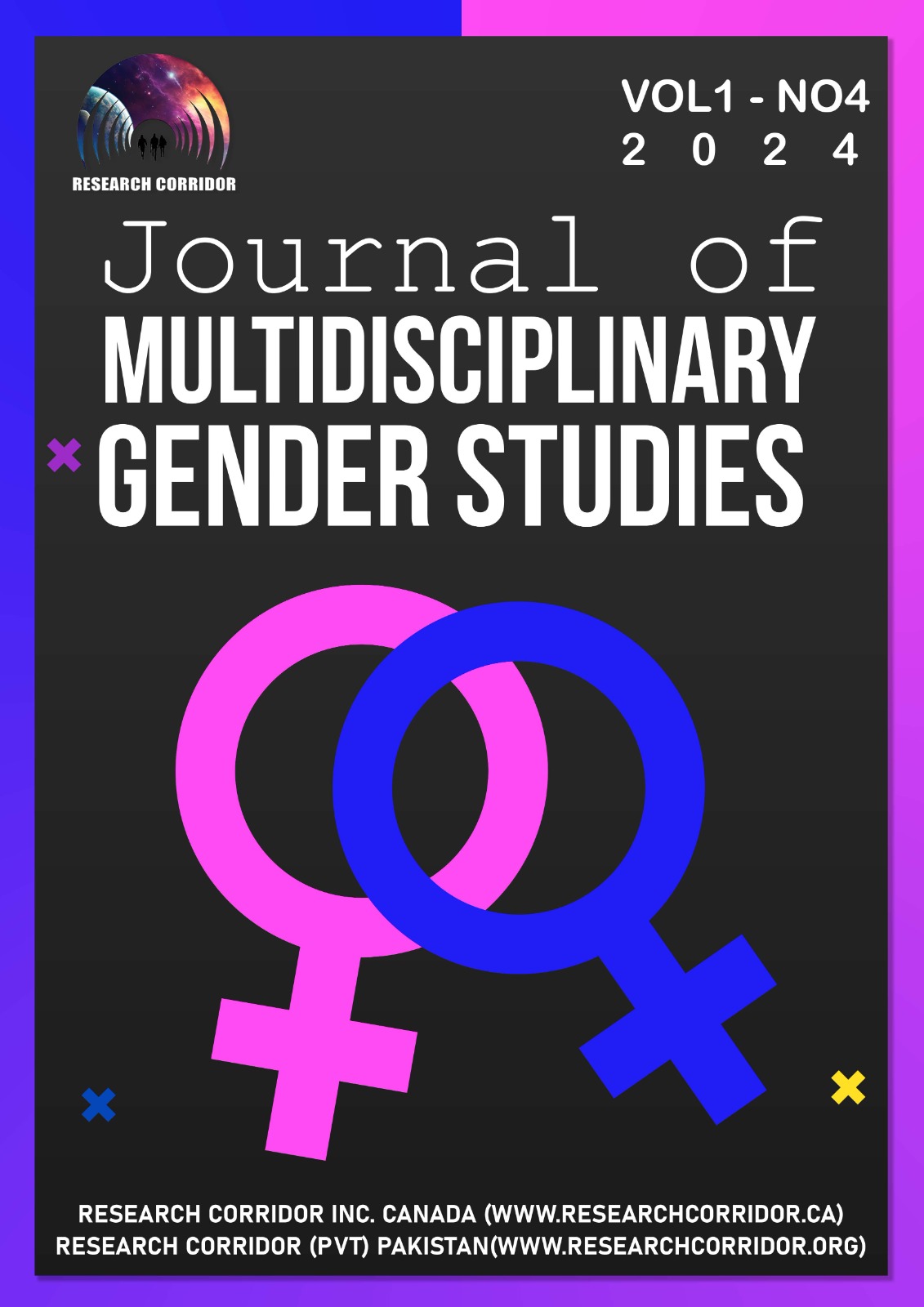Menstruation and Society: Addressing Taboos and Access to Menstrual Health
Keywords:
Menstrual health, period stigma, menstrual equity, social taboos, menstrual hygiene management, menstrual poverty, gender equality, public health, education, accessibilityAbstract
Menstruation is a natural biological process, yet it remains a topic shrouded in stigma and misinformation across various societies. Deeply rooted cultural taboos have contributed to the marginalization of menstruating individuals, leading to limited access to menstrual health resources, inadequate education, and social exclusion. This paper explores the sociocultural barriers associated with menstruation and their impact on menstrual health management (MHM). Lack of access to sanitary products, clean water, and hygienic facilities further exacerbates menstrual poverty, disproportionately affecting marginalized communities. The silence surrounding menstruation in educational and policy frameworks perpetuates misconceptions and restricts efforts to promote menstrual equity. The study highlights the role of governmental and non-governmental organizations in advocating for menstrual health rights and the need for comprehensive policies ensuring accessibility, affordability, and awareness. Initiatives such as menstrual hygiene education, subsidized sanitary products, and community engagement can significantly reduce period stigma and improve health outcomes. Additionally, addressing menstruation through a human rights lens fosters gender equality and inclusivity. By dismantling traditional taboos and promoting open discussions, societies can foster a more progressive approach toward menstruation, empowering individuals to manage their health with dignity and without fear of discrimination. The paper concludes with recommendations for policy interventions and public health initiatives aimed at breaking menstrual taboos and ensuring equitable access to menstrual health resources.





